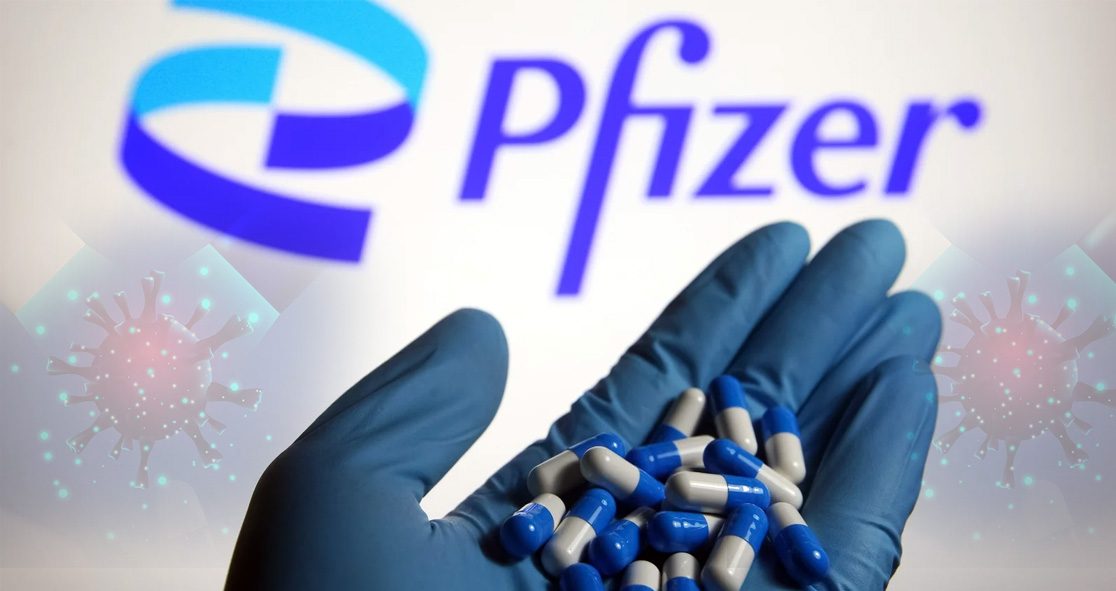On Wednesday, the Food and Drug Administration (FDA) announced emergency use authorization (EUA) for Pfizer’s oral antiviral COVID pill Paxlovid (nirmatrelvir and ritonavir).
The drug is recommended for the early treatment of people with mild to moderate infections who are at increased risk of developing severe illness.
Like COVID-19 vaccines, high-income countries are leaving no stone unturned to get the supply of Paxlovid through advance purchase agreements with Pfizer, leaving limited-to-no supply of the drug for low- and middle-income countries.
Pfizer is allowing overseas manufacturers to produce generic Paxlovid, but it would take time to supply the drug for low- and middle-income nations.
In addition, experts believe that price could be another barrier to access. So far, Pfizer has not disclosed a price for Paxlovid. According to a recent agreement with the federal government, the drug is expected to cost around $530 per treatment course, which is exorbitant.
Médecins Sans Frontières (MSF), which is also called Doctors Without Borders, responded to the recent approval, highlighting the limitations, according to ReliefWeb – a humanitarian information service provided by the UN Office for the Coordination of Humanitarian Affairs (OCHA).
It responded to the recently announced voluntary license between Pfizer and the Medicines Patent Pool on Paxlovid, which offers supply to only 95 countries by generic companies that take up the license.
There is no patent yet on nirmatrelvir, while the patent on ritonavir has expired since last year, allowing drug companies to start generic production and supply domestically. Pharma companies in countries like India have already started developing generic Paxlovid, while other countries are about to start.
Mihir Mankad, Senior Global Health Advocacy and Policy Advisor at MSF-USA, said, “To tackle the global COVID-19 pandemic, there needs to be global access to COVID-19 medicines such as the now-FDA-approved antiviral treatment, nirmatrelvir/ritonavir, produced by Pfizer.”
“Many low- and middle-income countries, including those in which MSF works, are grappling with overburdened healthcare systems and low rates of COVID-19 vaccination due to extreme inequity in global vaccine access and challenges to implement vaccination and potentially vaccine-evasive and/or more transmissible variants such as currently feared for Omicron,” he added.
Mankad explained, “Easy-to-administer oral treatments could ease the burden on overwhelmed hospitals and other essential healthcare services, save lives, and serve as a key tool for health workers trying to manage this pandemic.”
“We are deeply concerned by Pfizer’s business-as-usual approach and rich countries’ repeated hoarding of limited supplies, which may leave low- and middle-income countries with virtually no access to this treatment for at least the first half of 2022,” he added.
“Governments in low- and middle-income countries need to be in the driver’s seat instead of companies, and should take immediate steps to ensure sufficient, timely and equitable access to nirmatrelvir/ritonavir,” noted Mankad, who is also a health policy adviser at Save the Children UK.
“The global health priority must be to increase the supply of affordable treatments for all people in all countries—including by allowing the production and supply of lifesaving, affordable generic medicines for everyone who needs them,” he added.
“With patent applications still pending, countries should stand firm and refuse to grant any patents on nirmatrelvir/ritonavir, while generic companies should start preparing to produce the medicine without waiting for Pfizer’s permission. If Pfizer is really interested in ensuring global access to this treatment, it should make clear that it will not stand in the way of generic production and competition anywhere, and refrain from imposing intellectual property barriers everywhere for the duration of pandemic.”























